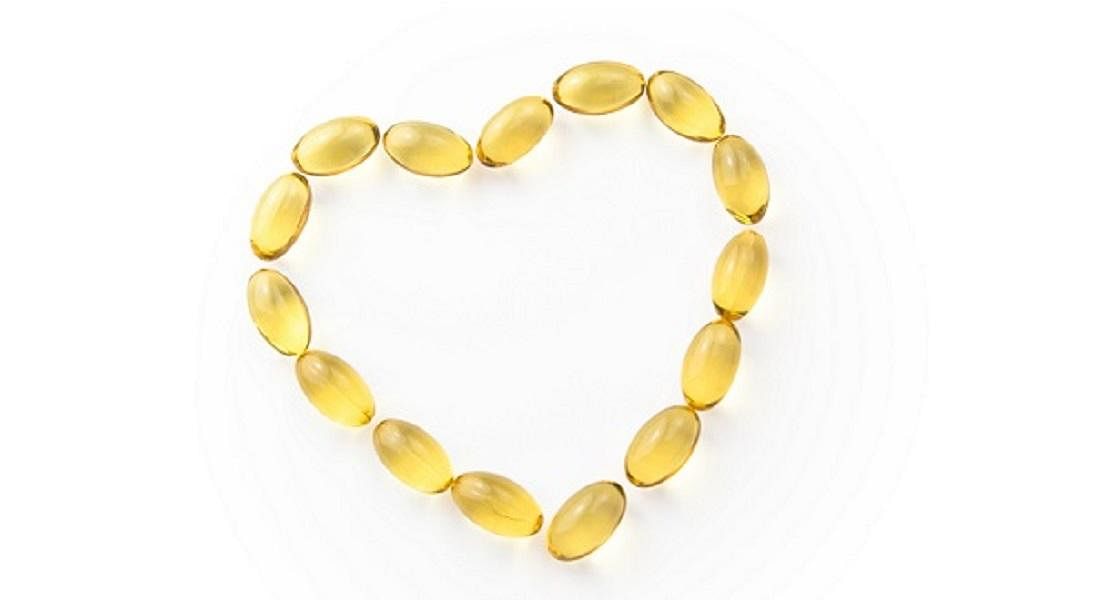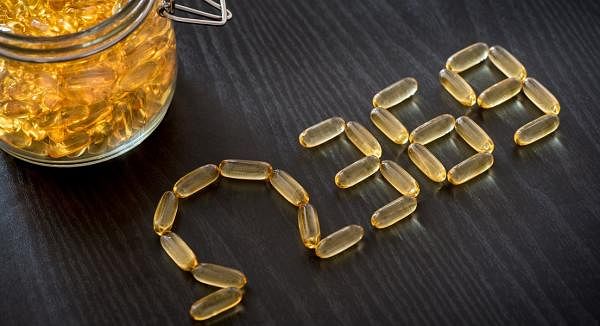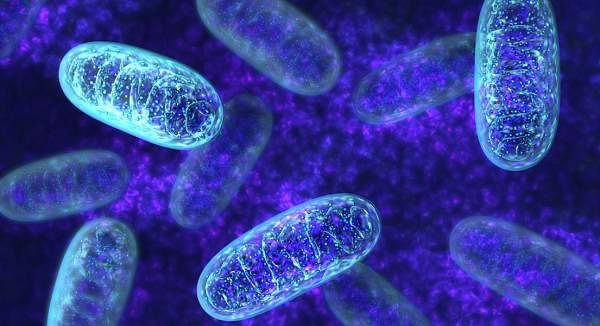Key Nutrients to Support a Healthy Heart
Why you can trust Nutri Advanced Every article on our site is researched thoroughly by our team of highly qualified nutritionists. Find out more about our editorial process.
In a 2011 study on cardiovascular health problems, published in The Lancet, lead researcher, Tim Nawrot concluded;
“However, what triggers the heart attack should be considered the “last straw”. The foundations of heart disease that led to a heart attack are laid down over many years. If someone wants to avoid a heart attack, they should focus on not smoking, exercising, eating a healthy diet and maintaining a healthy weight.”
Echoing the lead researcher’s thoughts here, with cardiovascular health, prevention is key. There are so many modifiable dietary and lifestyle factors that you can take charge of to positively influence the long term health of your heart. In addition to a healthy diet, regular exercise and not smoking, there are key nutrients that can support a healthy cardiovascular system.
Here’s a summary of key cardioprotective nutrients:
Omega 3s – Widely studied for their protective role in cardiovascular health; experts now agree that a daily supplement of high quality stable omega 3 rich fish oil is a positive step towards promoting a healthy heart. The American Heart Association, The American College of Cardiology, The European Society of Cardiology and a number of other national cardiac societies now recommend the intake of 1g / day of omega 3 fatty acids, EPA and DHA for secondary prevention, cardiovascular prevention, treatment post myocardial infarction and the prevention of sudden cardiac death.
Vitamins B6, B12, Folate (5 MTHF) & Betaine - As many as one third of people with atherosclerosis have elevated blood levels of homocysteine, and major studies, such as the Framingham Heart Study and the Physicians’ Health Study, have linked elevated levels of homocysteine to increased risk for heart attack and stroke. Maintaining a balance of critical micronutrients, vitamins B6, B12, betaine and folate helps to support healthy homocysteine levels.
Vitamin E – Long regarded as an important cardio-protective nutrient, vitamin E has antioxidant properties, helps to protect endothelial tissue and may help to inhibit platelet aggregation, inhibit the adhesion of molecules on the artery wall, and has anti-inflammatory qualities.
Plant Sterols - Plant sterols are fats that are naturally present in plants and have long been studied for their effectiveness in lowering cholesterol. Whilst cholesterol is the most abundant sterol in animals, in plants, more than 40 sterols have been identified, of which beta-sitosterol, stigmasterol and campesterol are the most common. Many clinical studies have confirmed the efficacy of beta-sitosterol in lowering plasma LDL cholesterol concentrations. Although plant sterols are consumed as part of the normal diet, the amount is not considered great enough to have a significant blood cholesterol lowering effect. Modern food processing and storage methods have also led to a reduction in dietary plant sterols. A recent study at the University of Guelph in Canada has shown that 400mg combination of sterols, a pine bark antioxidant and an essential fatty acid complex, taken once a day can significantly lower cholesterol.
Policosanol is a unique natural product derived from different sources including sugarcane wax and the wax of the common honeybee. Policosanol derived from sugarcane wax has been extensively studied in Cuba over the last decade in both animals and humans. The results of these research studies indicate that policosanol significantly lowers cholesterol levels and may also have beneficial effects on other parameters of cardiovascular function, such as reducing platelet aggregation and inhibiting the development of atherosclerotic lesion.
Garlic – Well known for its anti-microbial properties, garlic is also a beneficial food for cardiovascular health. Key active constituents in garlic including allicin have demonstrated significant antioxidant effects. Garlic may also help to lower cholesterol, protect cholesterol from oxidation, protect against blood clots and reduce the risk of a heart attack.
This website and its content is copyright of Nutri Advanced ©. All rights reserved. See our terms & conditions for more detail.
Nutri Advanced has a thorough research process and for any references included, each source is scrutinised beforehand. We aim to use the highest value source where possible, referencing peer-reviewed journals and official guidelines in the first instance before alternatives. You can learn more about how we ensure our content is accurate at time of publication on our editorial policy.
Most Popular Articles
-
7 Surprising Ways To Support Your Magnesium
If you are displaying signs of a magnesium deficiency, here are 7 ways to boost your magnesium levels that are easy to incorporate into your daily life. -
5 Best Vitamin C Supplements Picked By Our Experts
Learn more about the different types of vitamin C, the different benefits you get from different types, and what you get for spending more on a good supplement. -
Top 5 Vitamins For Energy And Tiredness Picked By Our Experts
The 5 best and most important vitamins for energy & tiredness including B vitamin food sources & best supplement forms for energy. -
Benefits of Myo-Inositol for Polycystic Ovary Syndrome (PCOS)
In this research review article, we take a closer look at a lesser-known natural compound called myo-inositol that has been found to have significant potential to improve many of the prevalent features of PCOS. -
Top 10 Reasons to Give Your Kids Omega-3
Read the top 10 reasons that kids should have plenty of Omega-3- an essential fatty acid- including for depression, brain function, sleep & reading/maths skills.













